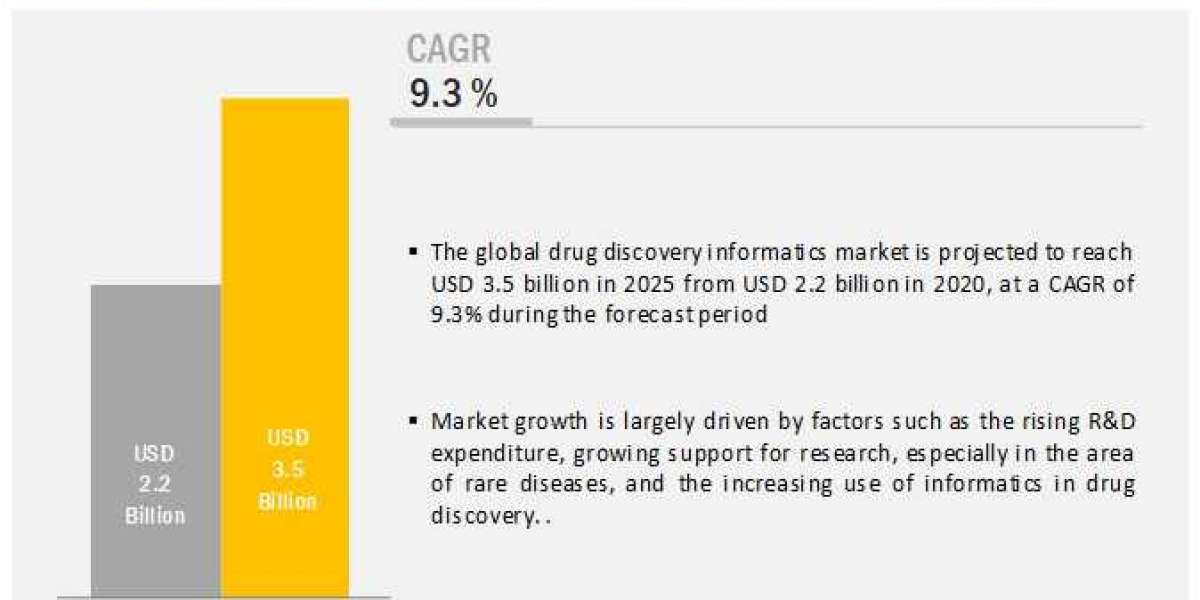Introduction
Postpartum depression is a complex condition for many mothers. Most new moms experience this after childbirth, which includes mood swings, anxiety, crying spells, and sleepless conditions. After delivery, there are a variety of emotions, from excitement to anxiety, which results in postpartum depression. It's also called peripartum depression because it can start during pregnancy and continue after childbirth. In this blog, we'll discuss some of the simple and wise ways to approach postnatal care.
Postpartum depression symptoms
The symptoms of postpartum depression after childbirth vary, and they can range from mild to severe, lasting only a few days to a week or two after your baby is born.
- Mood swings
- Anxiety
- Sadness
- Appetite problems
- Trouble sleeping
- Irritability
- Feeling overwhelmed
- Crying
- Reduced concentration
Effects on Marital Relationships
The most significant area affected by PPD is the marital relationship. This led to communication breakdowns and decreased intimacy. Partners may feel overwhelmed and unsure of how to provide support, leading to feelings of helplessness and frustration. Thus, a lack of understanding and support exacerbates the symptoms of PPD, further straining the relationship.
How does PPD affect marriage?
- If there is little or no time for each other,
- Unfair balance of duties: There are also many things that a mom may have to do, so she doesn’t have much help with them or doesn’t feel comfortable asking for help with them. Talk to your wife about what needs to be accomplished each day and try to share the load with her.
- Arguments: When a couple is frustrated, not getting enough sleep, or has other anxieties that they are facing, this may lead to more arguments than usual.
Listening to what your wife is telling you may be one of the best ways to help with postpartum depression as a husband.
- Issues with money: The alterations caused to work life and schedules can lead to money issues or a need to tighten the household’s finances. This can also lead to disagreements or stressful situations.
Couple therapy is one of the most effective ways to overcome this depression stage. It provides a safe space for both partners to express their feelings and learn coping strategies.
Impact on Sibling Relationships
Children in the family are also affected by a parent's PPD. Older siblings might experience confusion and distress due to the changes in their mother's behavior and emotional availability. They might not understand why their mother is sad or unresponsive, which can lead to feelings of neglect or jealousy.
To overcome this situation, engaging siblings in conversations about what’s happening in age-appropriate ways can help them understand that their mother’s condition is temporary and not their fault. Ensuring they have consistent routines and quality time with other caregivers can also provide the stability they need during this challenging period.
Extended family dynamics
It often extends to the broader family network. Grandparents, in-laws, and other extended family members may struggle to understand the condition and might offer unhelpful advice or judgment, inadvertently increasing stress levels.
Educating extended family members about PPD can transform them into a valuable support system. Thus, a supportive extended family can provide crucial assistance, whether through direct caregiving or emotional support.
Societal and cultural influences
Studies have shown that the impact of socio-cultural factors plays a significant role in postpartum depression. They may trigger postpartum depression as well as contribute to the alleviation of its depressive symptomatology. In some cultures, there may be a stigma attached to mental health issues, making it harder for mothers to seek help. Others might have strong communal support systems that can aid in the mother’s recovery.
Understanding these cultural dynamics is essential for providing appropriate support. Healthcare providers should be culturally sensitive and aware of these factors when advising families and developing treatment plans.
Strategies for support and recovery
- Professional Help: Seeking therapy from mental health professionals such as therapists and psychiatrists can provide the necessary treatment and support. Also, it is important to be patient with yourself. This may take time to work through, and even with the proper treatment, you may not feel like yourself for quite a while.
- Partner Support: Partners can play a crucial role by being patient, understanding, and actively participating in the caregiving process. Talk to one another when you can. This might prevent some arguments from occurring, and you will be aware of how your partner is feeling and always behaving.
- Self-Care: Encouraging mothers to prioritize self-care, including adequate rest, nutrition, and time for themselves, can improve their mental health.
- Education and Awareness: Educating family members about PPD can reduce stigma and foster a supportive environment. Even if your family doesn’t understand what you are going through, they may want to help you more than you understand.
- Support Groups: Joining PPD support groups can help mothers feel less isolated and more understood, providing a platform to share experiences and coping strategies.
Conclusion
Sometimes postpartum depression is the worst condition that can greatly impact your marriage life.
However, if you are facing any of the issues, then you should reach out for therapy at the earliest. It may be even more helpful if both parents are involved, even if you have difficulties adjusting to becoming parents.



